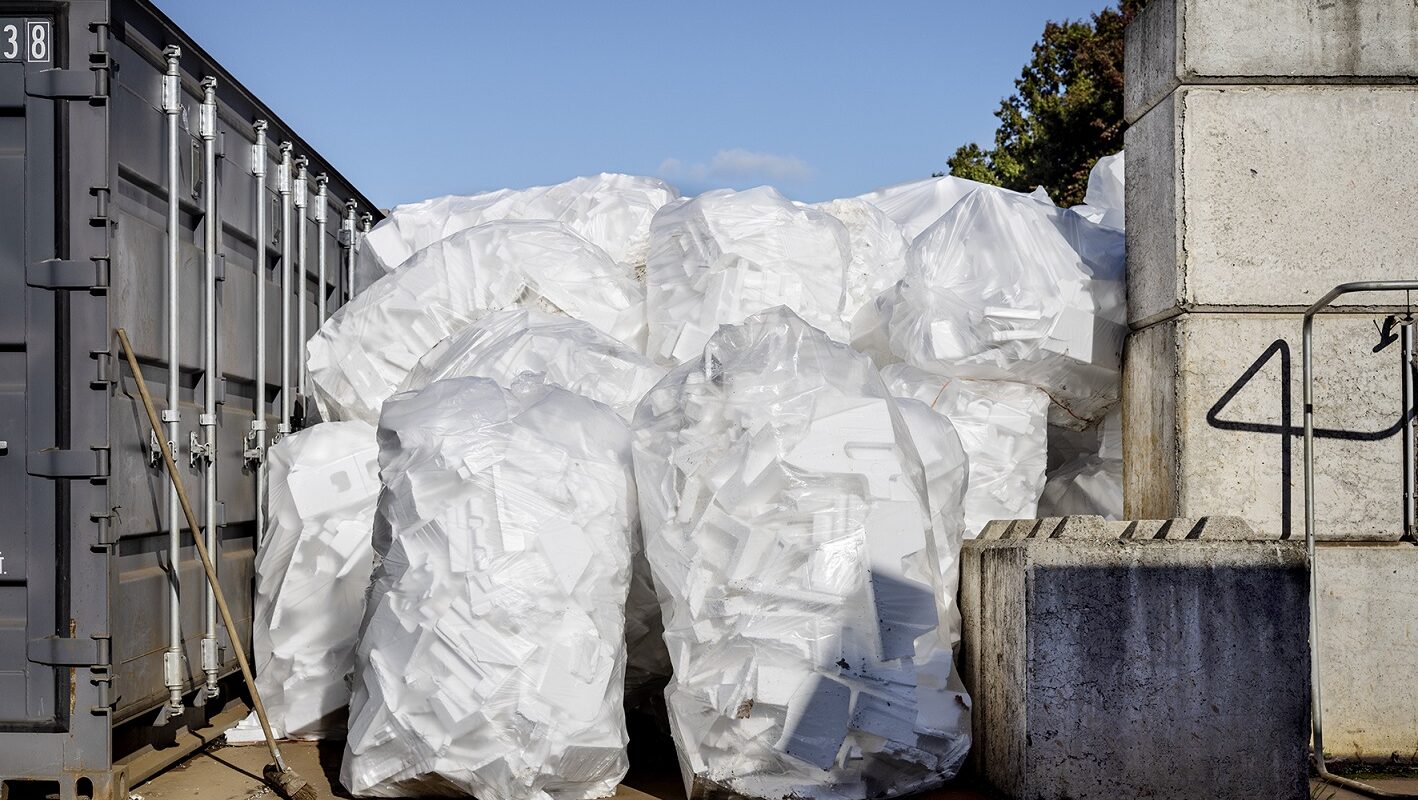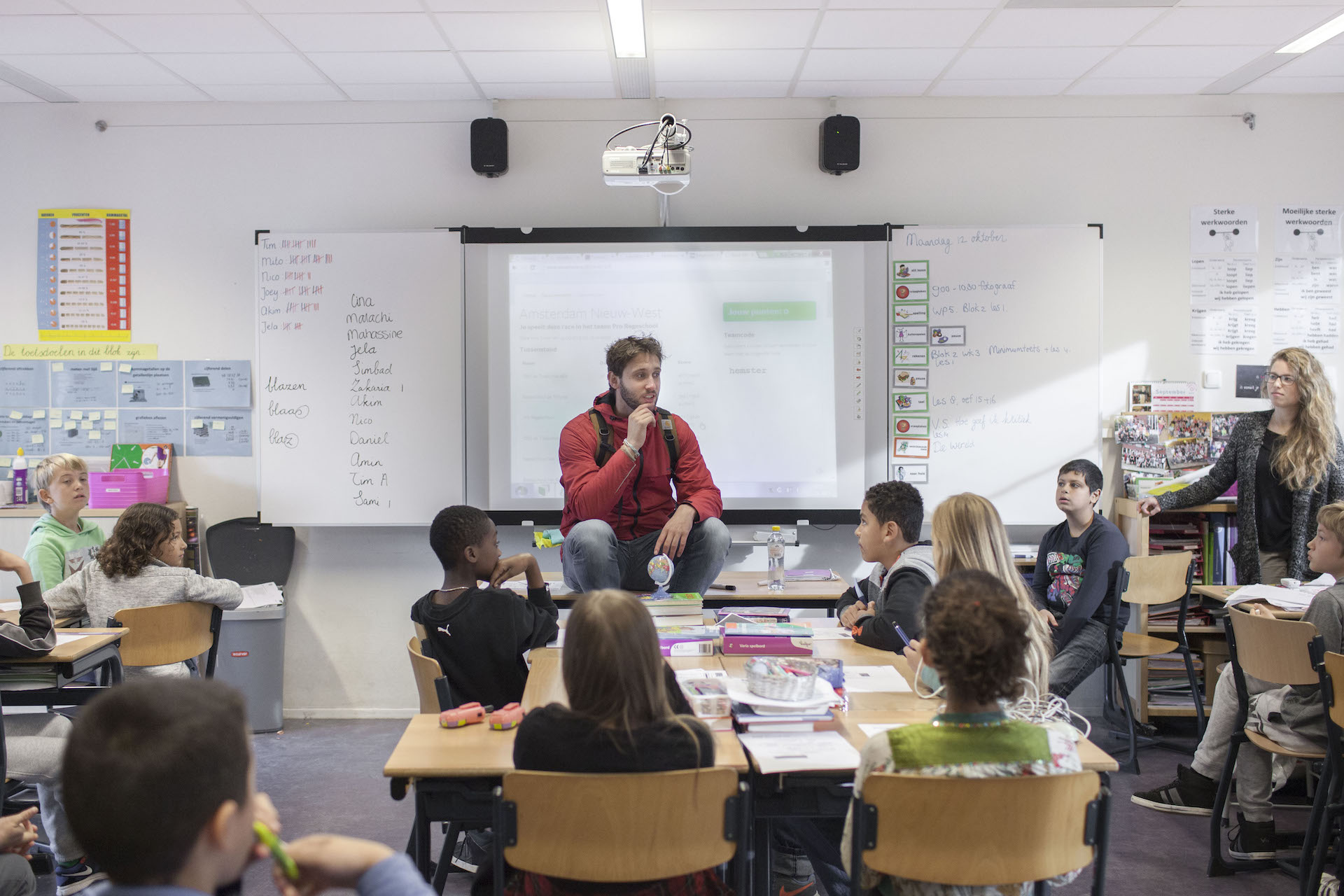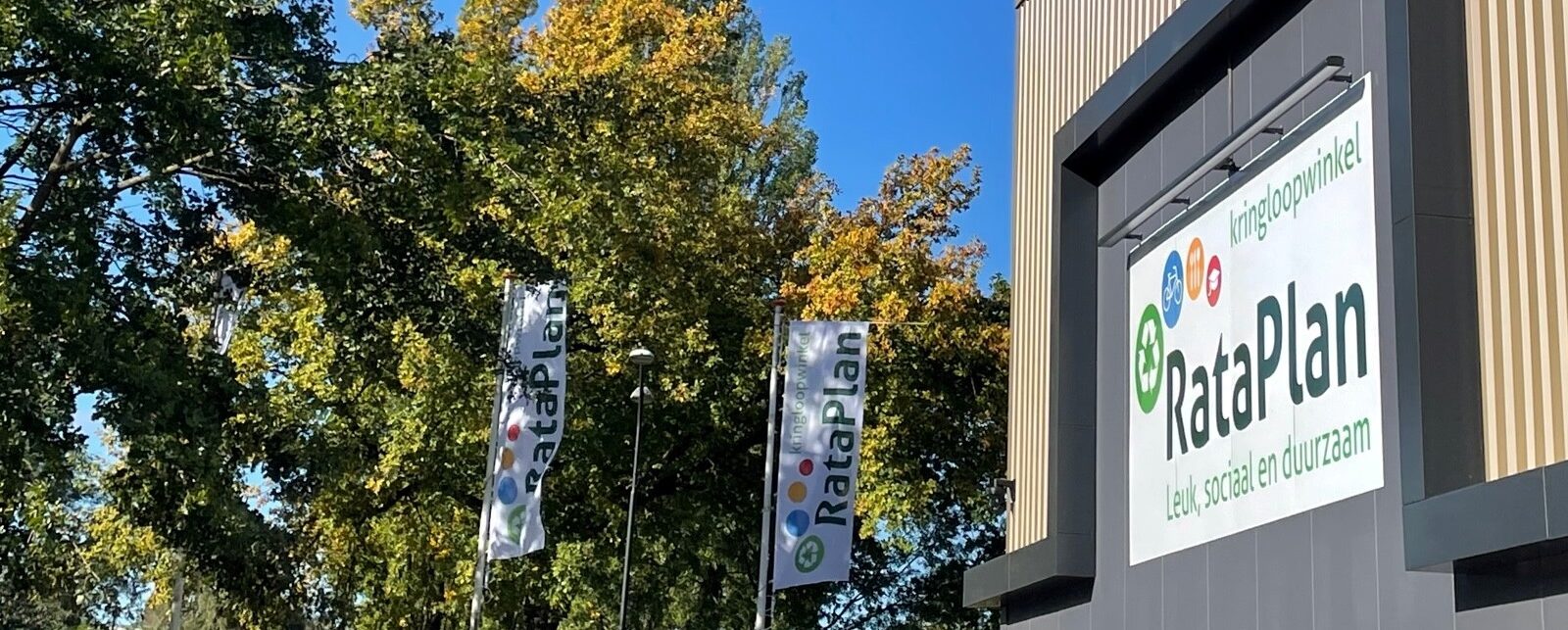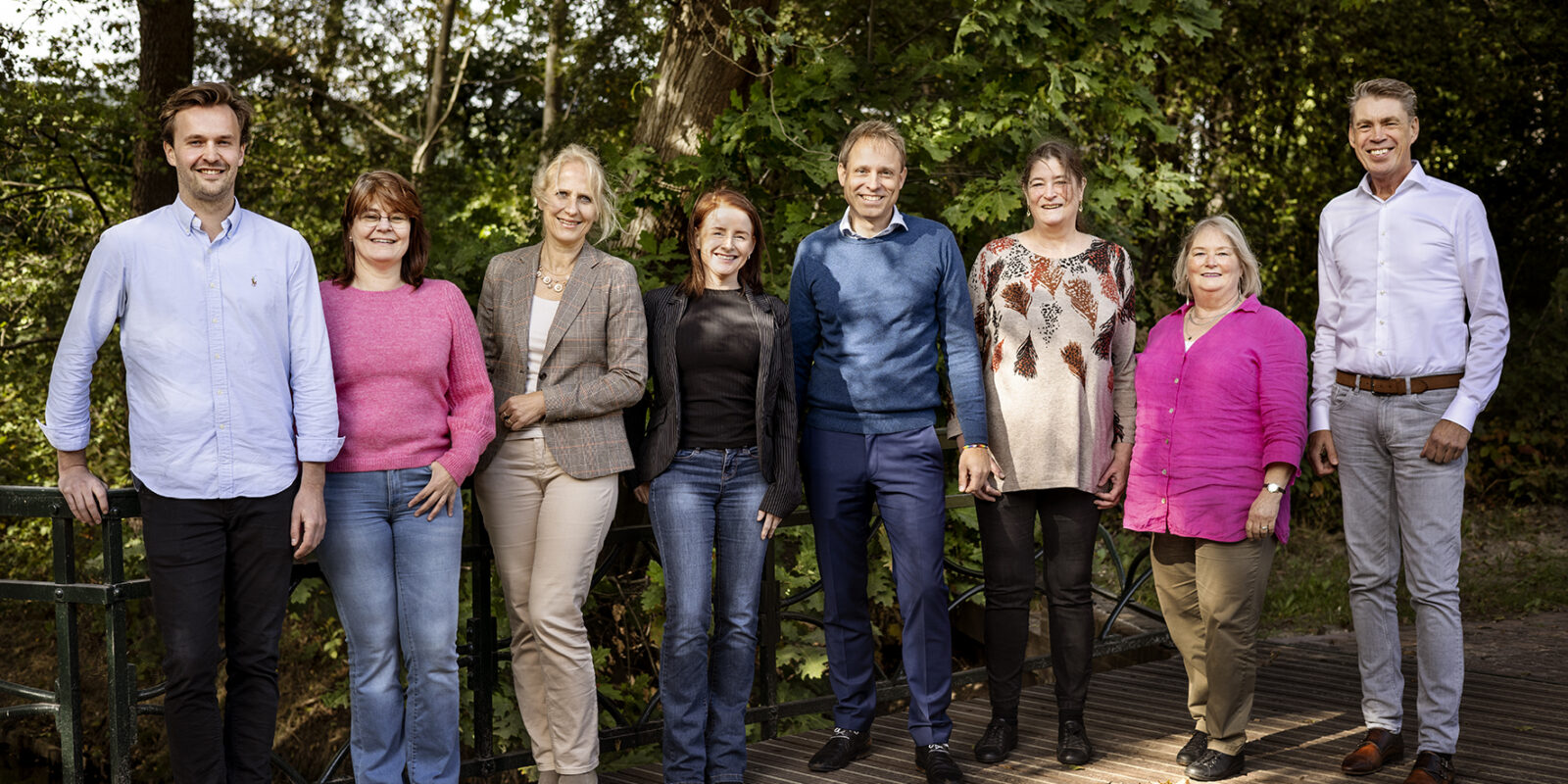
The E-Waste Race
So children understand the importance of a circular economy
Do you have an old laptop, a broken lamp or anything else with a plug or battery lying around in your house, still to be disposed of at some point in the future? You’re not the only one! And that’s a shame, because with the right type of processing, this would be perfect for recycling. A lot of e-waste still ends up in the wrong place, where it causes damage to people or the environment. Like in our residual waste. Being aware of the collection of e-waste and of a circular economy is especially important for children, because they’re our future. Together with Race Against Waste, we organise the annual E-waste Race.
Competition between schools
The E-waste Race is a fun and educational way for children to learn and experience what e-waste involves. First they follow some interactive, entertaining lessons about e-waste and circular economy. Then they’ll set to work themselves: competing with nine other schools, they collect as many old electrical appliances as possible in their neighbourhood. Students, teachers and family members literally pull out all the stops to contribute to electronics recycling. There are some great prizes to be won for the participating schools. The main prize is a school trip to the NEMO Science Museum in Amsterdam.
Watch the video about the E-waste Race below:
Successful for almost a decade
The E-waste Race brings about a positive change in behaviour and more awareness among students and their immediate environment, such as parents and teachers. This is shown by research by the Eindhoven University of Technology. After all, recycling electronic waste is not just something for today, but also for tomorrow! On average, the children collect around 14,000 kg of e-waste during a race. And they have been doing that since 2014. Check the results here!



